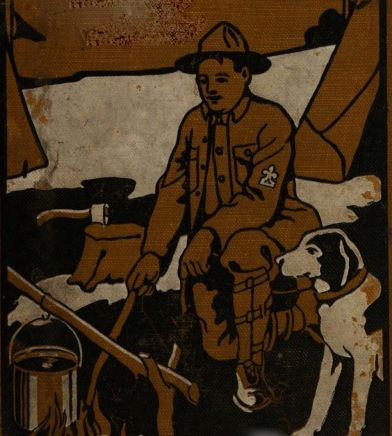“We put our man into a pulpit, and we virtually tell him ‘Now you may stand there and talk to us for half-an-hour. We won’t interrupt you by as much as a word! And you shall have it all your own way!’ And what does he give us in return? Shallow twaddle, that, if it were addressed to you over a dinner-table, you would think ‘Does the man take me for a fool?’”
Lewis Carroll, Sylvie and Bruno (1889)*
My readers from time to time chide me for what they perceive as unseemly irreverence, although I must suppose they are my readers because they enjoy my irreverence towards holy cows other than their own. I do not say this to chide these readers. It is human nature to be amused until one’s own ox is gored. I say it to preface some words on the uses and abuses of irreverence.
My epigraph is taken from the first volume of Lewis Carroll’s last novel, Sylvie and Bruno, which unlike his novels about Alice is today very largely forgotten. The sentiment is expressed by Arthur, the protagonist in one of the novel’s plots, and it is one in a series of strictures on the state of the Anglican Church in Victorian England.
Readers must understand that Carroll was himself a very serious Christian, a fact that is almost always obscured or omitted in secular celebrations of the madcap surrealism of Alice’s Adventures in Wonderland (1865) and Through the Looking Glass (1871). He was born into a family of High-Church Anglicans, and appears to have died very much in the faith. Continue reading

